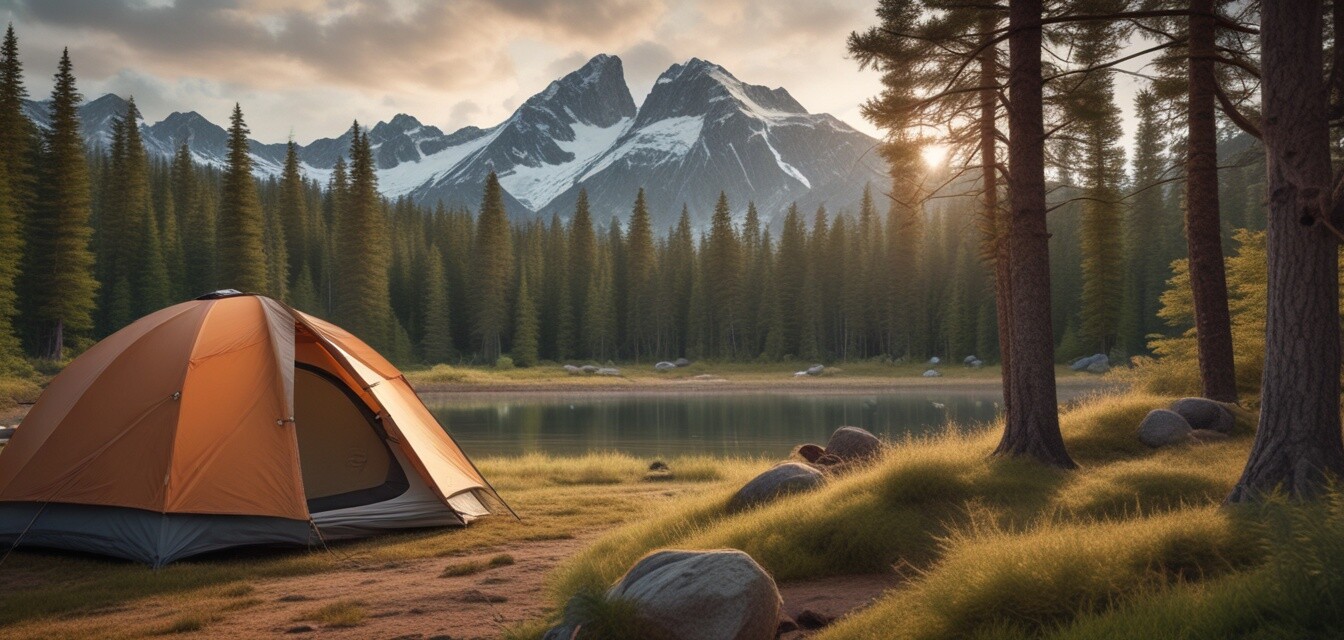
Preparing for Wildlife Encounters While Camping
Key Takeaways
- Understanding wildlife behavior is key to staying safe.
- Proper food storage can prevent unwanted animal visits.
- Know the appropriate bear and wildlife deterrents to carry.
- Always have a plan for emergencies.
- Create a safe campsite to minimize encounters.
Camping is a great way to escape the hustle and bustle of everyday life and reconnect with nature. However, it's also important to remember that you're entering the home of various wildlife. For beginners, encountering wildlife can be daunting, but with the right preparation and knowledge, you can ensure a safe and enjoyable camping trip. In this article, we'll provide essential tips and safety measures to help you prepare for wildlife encounters while camping.
Understanding Wildlife Behavior
Before heading out into the wild, it's helpful to understand some common behaviors of wildlife. Below are some insights:
- Avoiding humans: Most wildlife prefers to avoid human contact. They're more likely to flee than confront you.
- Active times: Many animals are most active during dawn and dusk. Plan your outings accordingly to minimize encounters.
- Curiosity: Some animals, like raccoons and bears, may be curious and approach your campsite, particularly if they smell food.
Planning Your Campsite
Choosing the right location for your campsite can greatly reduce your chances of unexpected wildlife encounters. Here are some tips:
- Set up your tent at least 200 feet away from trails and water sources.
- Avoid camping near animal dens or known wildlife paths.
- Look for sites with natural barriers like bushes or rocky outcrops to safeguard your camp.
Proper Food Storage
Food odors can attract wildlife, so it's crucial to store food properly. Consider these storage tips:
Tips for food storage:
- Use bear canisters or bear-proof bags to store food.
- Hang food at least 10 feet off the ground and 4 feet away from tree trunks if bears are in the area.
- Keep all food, toiletries, and trash in sealed containers.
Wildlife Deterrents and Gear
Being prepared with the right gear can make a significant difference. Below are some wildlife deterrents you might consider:
| Deterrent | Description |
|---|---|
| Bear Spray | Effective in deterring aggressive bears when used properly. |
| Noise Makers | Items like bells or whistle can alert wildlife to your presence. |
| Camping Lanterns | Bright lights can help keep animals at bay. |
What to Do During an Encounter
Here's what you should remember if you encounter wildlife:
- Stay calm and do not run.
- Make your presence known by speaking firmly.
- If it's a bear, make yourself appear larger by raising your arms.
- Back away slowly; do not turn your back on the animal.
Emergency Preparedness
Even with all precautions, encounters can happen. Be prepared for emergencies:
- Carry a first-aid kit in case of unexpected injuries.
- Be familiar with the nearest help centers or ranger stations.
- Communicate your plans to a friend or family member before heading out.
Conclusion
While wildlife encounters can be daunting, proper preparation can significantly reduce risks and enhance your camping experience. By understanding wildlife behavior, planning your campsite wisely, practicing proper food storage, and being equipped with emergency gear, you can take charge of your safety while enjoying the beauty of the great outdoors.
Pros
- Understanding wildlife enhances safety.
- Preparedness builds confidence among campers.
- Protects both campers and wildlife.
Cons
- Over-preparation may be overwhelming for beginners.
- Some tips might require additional gear or practice.
Additional Resources
For more tips on improving your camping experience, check out our other articles: